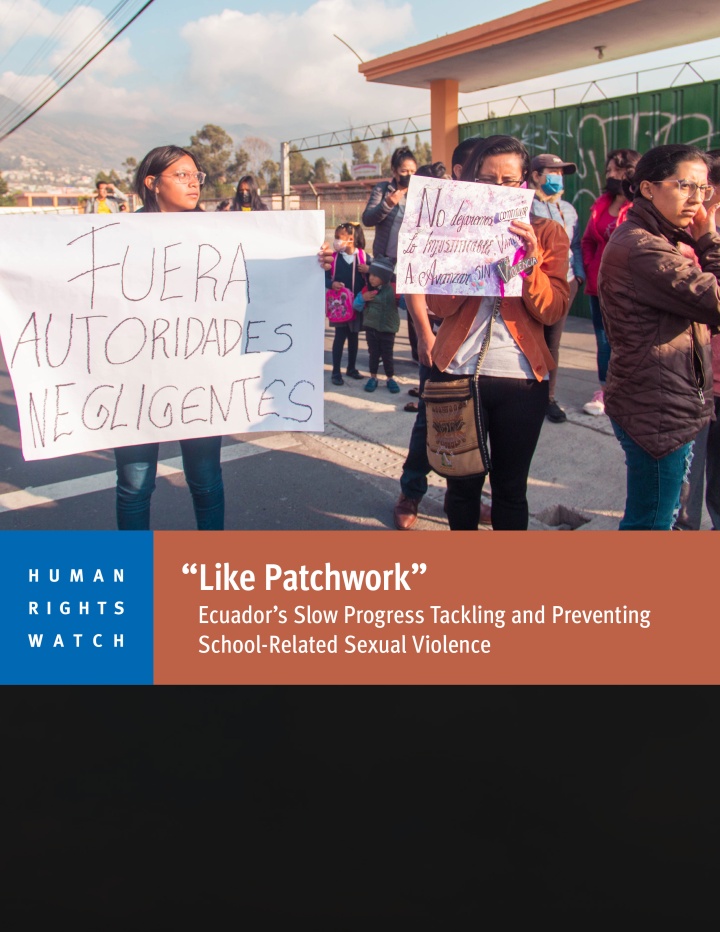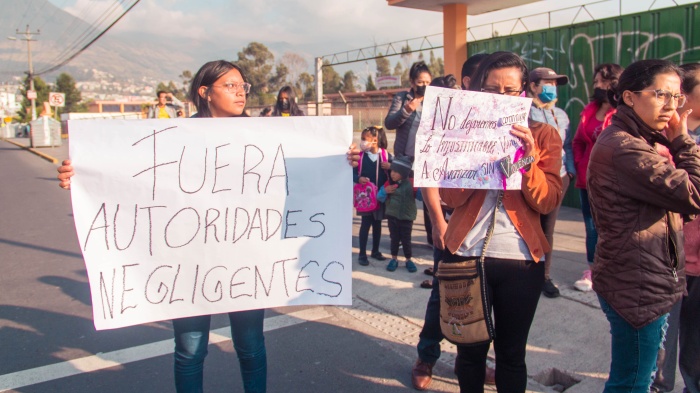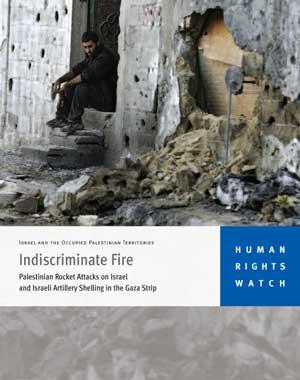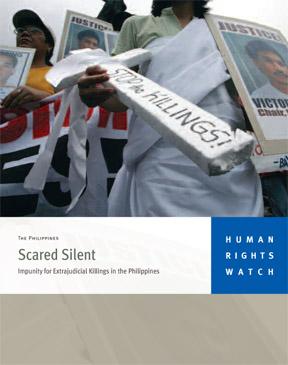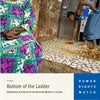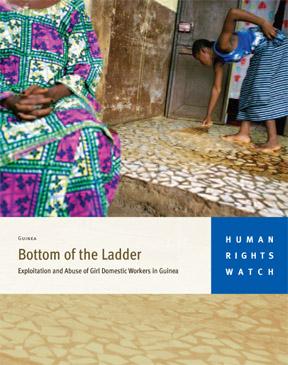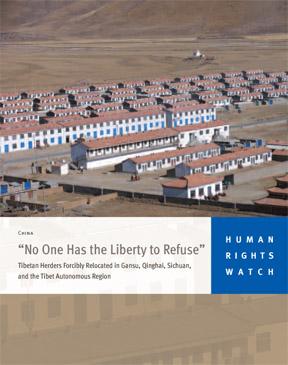“Like Patchwork”
Ecuador’s Slow Progress Tackling and Preventing School-Related Sexual Violence
The 60-page report, “‘Like Patchwork’: Ecuador’s Slow Progress Tackling and Preventing School-Related Sexual Violence,” documents significant gaps in the government’s response to prevent and tackle abuses in Ecuador’s education system. Many schools still fail to report abuses or fully implement required protocols. Judicial institutions do not adequately investigate or prosecute sexual offenses against children, affecting survivors’ ability to find justice.
